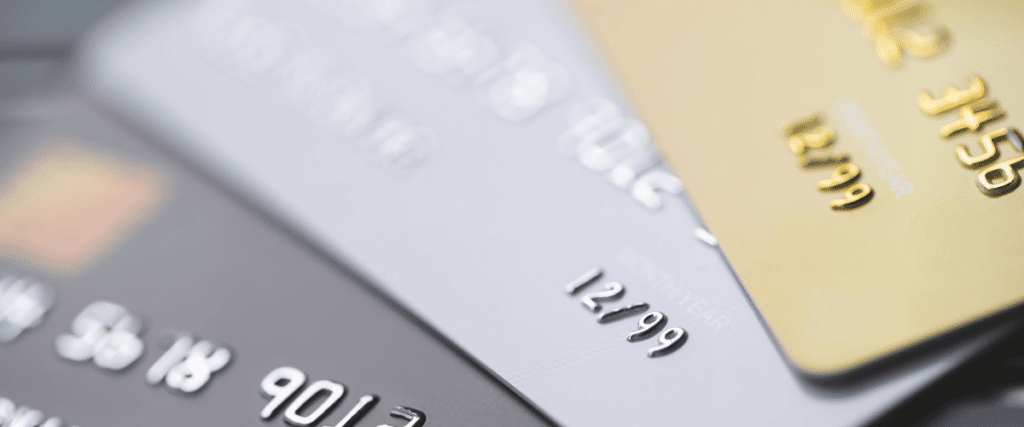Practical Steps to Regain Financial Stability and Take Control of Your Credit Card Balances
Credit card debt in the U.S. has reached a record $1.14 trillion, highlighting the financial strain many households are facing as interest rates continue to rise. This increase in debt is driven by post-pandemic spending and economic challenges, leading to more Americans struggling to keep up with their payments. With delinquency rates also on the rise, addressing this debt is more critical than ever. Taking proactive steps to manage and reduce balances is essential for regaining financial stability.
Understanding the Impact
Rising interest rates are compounding the challenges faced by those carrying credit card debt. As rates climb, the cost of maintaining a balance grows, making it harder for consumers to pay down their debt. This situation is particularly dire for younger generations and lower-income households, who are more likely to carry month-to-month balances and have less financial flexibility. The debt cycle can be vicious, trapping individuals in a loop of increasing debt and financial stress, with long-term implications for their financial well-being.
Request Your Free Consultation
Practical Steps to Curtail Credit Card Debt
Track Your Spending: The first step in tackling credit card debt is understanding where your money is going. By tracking every expense, you can identify areas where you might cut back and allocate more funds toward debt repayment.
Prioritize High-Interest Debt: Focus on paying off the credit cards with the highest interest rates first. This strategy, known as the avalanche method, helps reduce the amount you’ll pay in interest over time.
Consolidate Debt: Consider consolidating your credit card debt into a single, lower-interest loan. This can simplify payments and potentially lower your monthly obligations, making it easier to chip away at the total balance.
Automate Payments: Setting up automatic payments ensures that you never miss a due date, helping you avoid costly late fees and consistently reduce your debt over time.
The Emotional Toll of Debt
Carrying significant credit card debt isn’t just a financial burden; it can take a heavy emotional toll as well. The stress of dealing with mounting balances, combined with the fear of never getting ahead, can impact your mental health and overall well-being. Recognizing this emotional strain is the first step toward reclaiming your financial life. It’s important to remember that you’re not alone—many others are facing similar challenges, and there are resources available to help.
Small Wins Lead to Big Progress
As you begin to tackle your debt, focus on small, manageable goals. Paying off even a small balance can provide a psychological boost and motivate you to keep going. Consider setting up a rewards system for yourself—celebrate when you pay off a card or reach a savings milestone. These small wins can add up over time and help you stay committed to your financial journey.
The Power of Financial Education
Finally, equip yourself with knowledge. Understanding how credit works, how interest accumulates, and how to effectively budget can empower you to make better financial decisions. Consider taking advantage of free financial education resources, workshops, or online tools to enhance your financial literacy. The more informed you are, the better equipped you’ll be to manage your debt and achieve long-term financial stability.
Did You Know?
The first bank-issued credit card was introduced by Bank of America in 1958. It was called the “BankAmericard” and eventually became what we now know as Visa. This was the first successful general-purpose credit card, paving the way for the widespread use of credit cards today.
Seeking Professional Help
For those struggling to manage their credit card debt, seeking professional assistance can make a significant difference. Money Fit offers personalized support through Debt Management Plans (DMPs), which can help consumers pay off their debt faster and often at lower interest rates. DMPs work by consolidating your payments into a single monthly amount, which is then distributed to your creditors. This approach can reduce the stress of managing multiple payments and help you achieve financial stability more efficiently.
Take the Next Step
Managing and reducing credit card debt is more important than ever in today’s economic climate. By taking proactive steps now, you can prevent your debt from growing out of control and regain financial stability. Money Fit offers the guidance and support needed to help you create a sustainable plan for paying down your debt and achieving long-term financial health. If you’re ready to take charge of your finances, give us a call at 1-800-432-0310, or submit your information to schedule a free consultation. We’re here to help you every step of the way.








